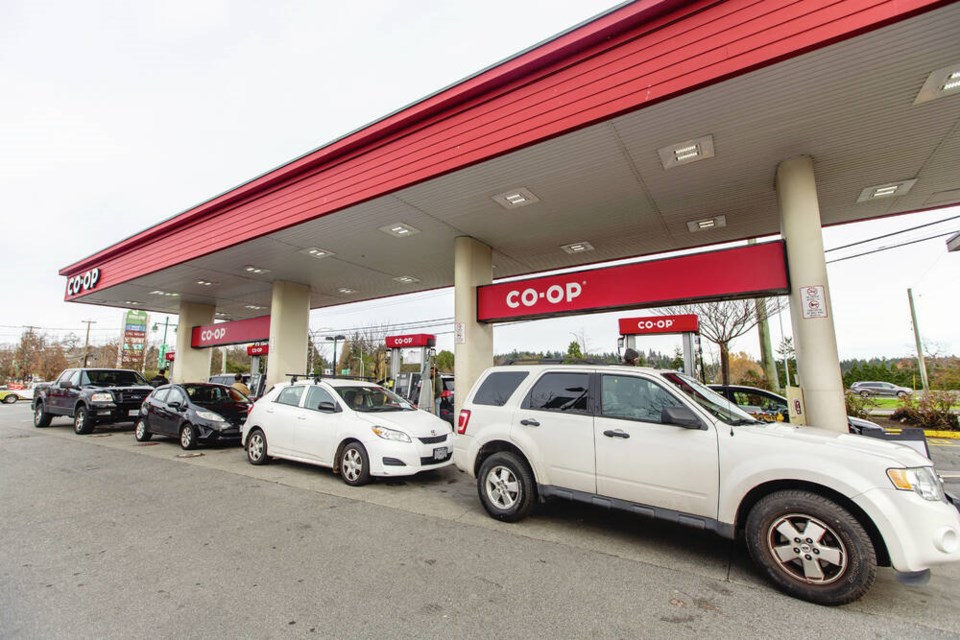I was moderating a session at the B.C. Non-Profit Housing Association’s annual conference, Housing Central.
The session was on housing encampments, with experts from across B.C. who have worked to address encampments, and even a person who lived in one. Three encampment case studies were discussed, one in Victoria, one in Vancouver and another in Prince George.
In each of these case studies, it was highlighted that nearly half the campers in these sites were Indigenous.
One of the panelists explained that folks flock to encampments for the sense of the community that they offer. Encampments can offer connections to others, and safety and security. Due to the fact it’s easier to remove one person from an area than several, being in an encampment can offer stability.
I am not writing this in support of encampments or offering excuses for those in encampments. I simply found it really interesting to hear how campers view the benefits of encampments.
One of the panelists had stated that when finding campers homes and connecting them to resources, it’s crucial to ensure that sense of the community they were seeking is created and honoured for their next steps.
As I listened intently to each of the speakers, I made the connection to my own work in Indigenous communities. Indigenous communities are collective communities where everyone is crucial, and their roles are valued no matter how big or small they are. People share what they have with others, because in a collective community, success means that everyone is taken care of, not having more than you need.
I know that Indigenous people make up a higher percentage of homeless people, and that could play a role in why there are higher numbers of Indigenous people living in encampments. I also think that the collective community found in encampments is also a drawing factor.
We all flock to what makes us feel safe and reminds us of home. I am a firm believer that we are more successful, understanding and supportive of people when we can learn their cultural ways of communicating and belonging.
Because we flock to what makes us most comfortable, when things get stressed or strained, we react differently.
The gas shortages that we have been living with for the past couple of weeks are a prime example. It is very individualist for people to be hoarding gas and filling up jerry cans when there is a large lineup of cars behind them waiting.
My car was on empty before the gas shortage began. I waited a day or two to fill up, hoping the hysteria would end. It didn’t. My gas light was on, and I searched for a station with gas.
I sat in the lineup for almost an hour and half waiting for my turn at the pump. The entire time I was worried that the pumps would run dry, and I would be left stranded.
It would be wonderful if we could adopt more of a collective response to these types of situations, where we are not hoarding toilet paper or gas.
Success isn’t about having more than others. Success is having what you need and ensuring that people who are around you have what they need, too. When we know the people around us will help us in a time of need, we are less likely to take too much of anything, leaving others short.
charlahuber@outlook.com



